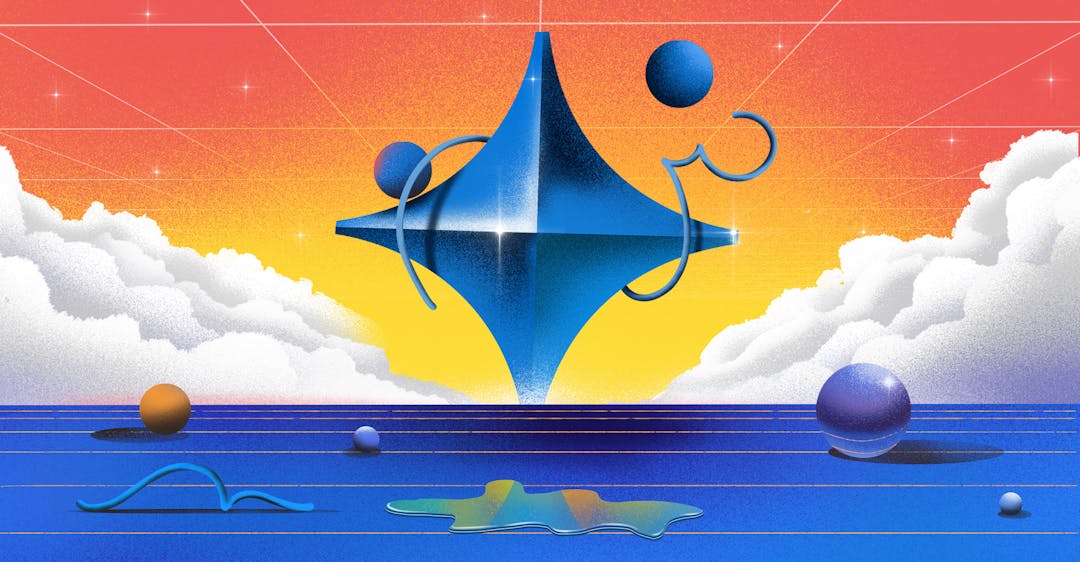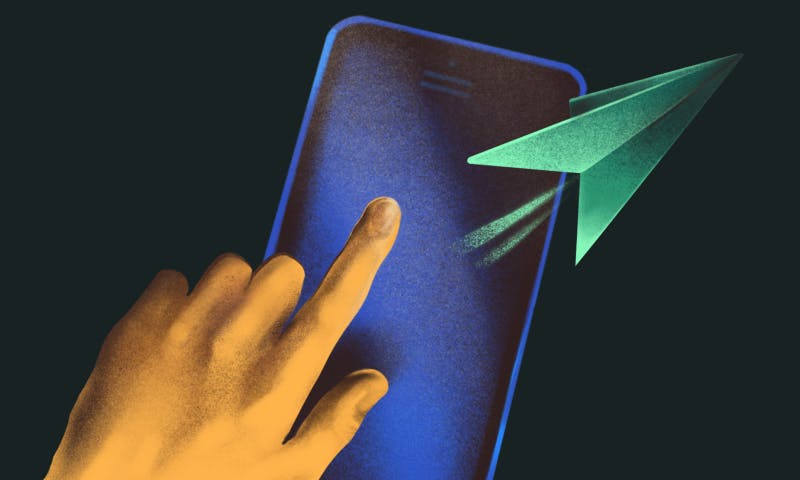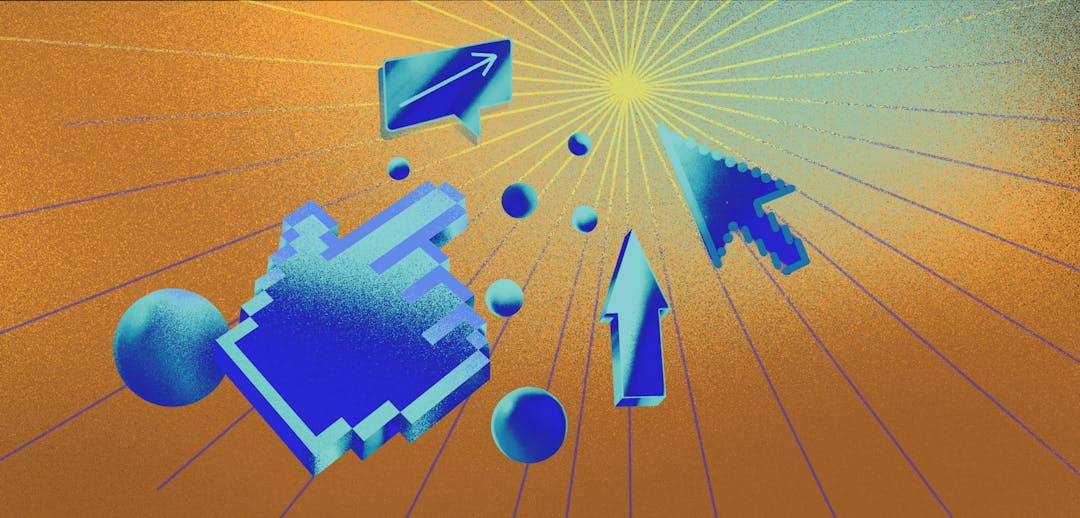Improving conversions and reducing churn are two of the most important things SaaS businesses can do. One way of accomplishing both is through customer incentive programs. These programs keep customers around longer, and increase the likelihood that they'll recommend your product to others.
In this post, we'll tell you what you need to know about starting and managing a customer incentive program.

What are customer incentives?
Customer incentives are rewards granted to customers for engaging in behavior that helps build the brand. The exact structure of the incentives will depend on the type of product you are offering. You may offer customers additional credits for sharing your brand's social media post. Perhaps you'll give them access to more advanced features instead. Regardless of their form, customer incentives are about turning your customers into marketing agents for your product.
Why customer incentives are building blocks of loyalty and retention
The great thing about customer incentives is that they leverage people's desire to get a deal. By offering customers something that costs you little to no money, but which has value to them, you can easily encourage them to act as a brand ambassadors on your behalf. Each successfully redeemed customer incentive, therefore, functions as free advertising for your business. Because of this, customer incentives are excellent for building your brand beyond your existing customer base. Since people generally feel good about getting a deal, such incentives also improve your brand standing with customers who take advantage of them
7 steps to build a successful customer incentive program
A good customer incentive program cannot be simply thrown together. At best, a bad incentive program simply won't have many takers. At worst, you could find that you're giving away in rewards more than you're getting back in acquisitions. It's a good idea to follow the seven steps below when building out your customer incentives.
1. Understand your customers
You can't come up with ideal rewards and requests without understanding how your customers think. You likely already have some idea of your buyer personas from your marketing strategy, but ProfitWell Metrics gets into the nitty gritty to help you understand your customers in depth.
2. Define your customer incentive goals
Once you understand your customers, you need to understand what your own goals are. What do you want to achieve with your customer incentive program? What incentives will help you reach those goals?
3. Use customer segmentation for focus
Just as with your marketing efforts, you'll need to focus on different customer segments to craft the ideal rewards and requests. The segmentation feature of ProfitWell Metrics will help you see how segments of customers stand out from the rest so you can craft offers that appeal to all your segments.
4. Decide on how to structure your customer incentive offer
A cohort analysis, such as that offered by ProfitWell Metrics will show you how much value you lose from customers as the months of their subscription wear on. This can help you determine when customers may be ready for the boost in loyalty with a customer incentive offer, and allow you to use customer incentives to prevent churn.
5. Build a realistic budget
Make sure that what you are giving away and what you are getting in return are in alignment.
6. Test with a small group and track performance
The cohort analysis page of Metrics can help here as well. If you've achieved your goal of preventing churn, you should notice the value as customer account age drops less drastically. You can also track how many more new customers you attract than usual to see how well the incentives are helping to build brand awareness.
7. Iterate to improve
Your first attempt probably isn't going to be the best possible. Therefore, the process of refining customer incentives should go through a few iterations until you're happy with the results.
5 customer incentive program ideas
What you offer to customers will depend a great deal on your product offerings and business model. Still, most rewards offered in customer incentive programs fall into one of a few categories. We've listed some common incentive ideas below to give you some ideas about the types of things that are usually offered. Remember not to pick from them blindly, you want incentives that will match your customers, your budget, and your goals.
1. Extra rewards from your loyalty program
If you already have a loyalty program in place to incentivize customers to stick around, it's a logical step to include extra rewards from that program to incentivize them to help build your brand. Customers who are participating in a loyalty program likely already enjoy your product and will be happy to help spread the word for additional loyalty rewards.
2. VIP discounts on additional purchases
For SaaS businesses that have additional purchases for customer to make, offering discounts for those purposes in exchange for participating in the customer incentive program is a good idea. Not only will you be getting help spreading your brand, but you'll be making additional sales on top of that.
3. Branded limited-edition swag
You need to carefully choose the value of the items you give away for this idea, but providing limited-edition swag can be a good option. On top of the brand awareness help the customer participated in to get the reward, branded swag will get you additional advertising every time the customer wears it or takes it out in public.
4. Beta access to new features for SaaS
Most customers would love the chance to try out new features before other customers. This is another win-win scenario for you. Offering beta access to your new features will get you more help refining those features, and the customer will be helping you advertise to earn their spot.
5. Free credits
If you have a pay-per-usage business model, or any other type of business model that uses credits of some sort, consider offering more of them to customers for engaging in brand building actions. Depending on your goals and the requests of customers, this could be a one-time credit bump or a permanent boost to their monthly credit.
Customer incentive program examples
Getting an idea of the types of incentives offered is nice, but it's also good to see some concrete examples of customer incentive programs in action. Seeing how these programs are implemented in the real world may spark some ideas about how you can implement your own program.
Deepnote
This provider of cloud computing resources has a free tier that includes 50 free hours per month. They have a list of onboarding tasks that include things such as inviting friends, creating teams, following them on Twitter, and more. For completing these tasks, customers are given additional free hours per month.
Dropbox
Cloud storage giant Dropbox allows their customers to earn extra storage space by referring a friend. They also give the friend additional storage space, which further incentivizes their customers to make a referral. Everyone likes to feel as though they are helping a friend out. In this case, increasing your storage space could increase your dependency on the service and increase your chances of upgrading in the future.
PayPal
Now, nearly everyone has a PayPal account and the company has no incentive programs. When they were first starting out though, they knew the value of their service. To show it, they offered $20 for people who signed up or referred a friend. As they grew, they dropped the incentive down until it was removed completely.
Uber
When they first launched, Uber was something unique. Rather than vetting taxi drivers, they were asking their customers to get into cars with random strangers. It's common now, but it was strange back then. To incentivize customers to help build their brand, they offered free credits towards rides for referring a friend. This way, a service people may have had doubts about was being vouched for by trusted friends.
Customer incentive FAQs
What incentives can I offer my customers?
What you offer customer depends on your business model. Common incentives include extra rewards from a loyalty program, VIP discounts, branded swag, and early access to new features or products.
Which customers should I offer incentives to?
Incentives are versatile. They can act as motivation to help build loyalty with customers who are at-risk of churning in the hopes of keeping them around longer. But they are also a form of brand building on their own, so customers who are already very loyal will be excellent brand promoters even with smaller incentives.
What are the benefits of offering customer incentives?
Offering customers incentives provides a two-fold benefit. First, the customer is less likely to churn when they are offered an attractive enough incentive. Second, as part of redeeming the incentive, the customer will perform some action that helps you build your brand and reach more potential customers.
Are customer incentives and customer loyalty programs the same thing?
Customer incentive programs and customer loyalty programs both share the goal of rewarding the customer for performing a desired action. Customer loyalty programs tend to focus exclusively on rewarding the customer for making repeated purchases, or for remaining a customer for a certain length of time. Customer incentive programs are broader and can reward all sorts of brand-building behavior.




